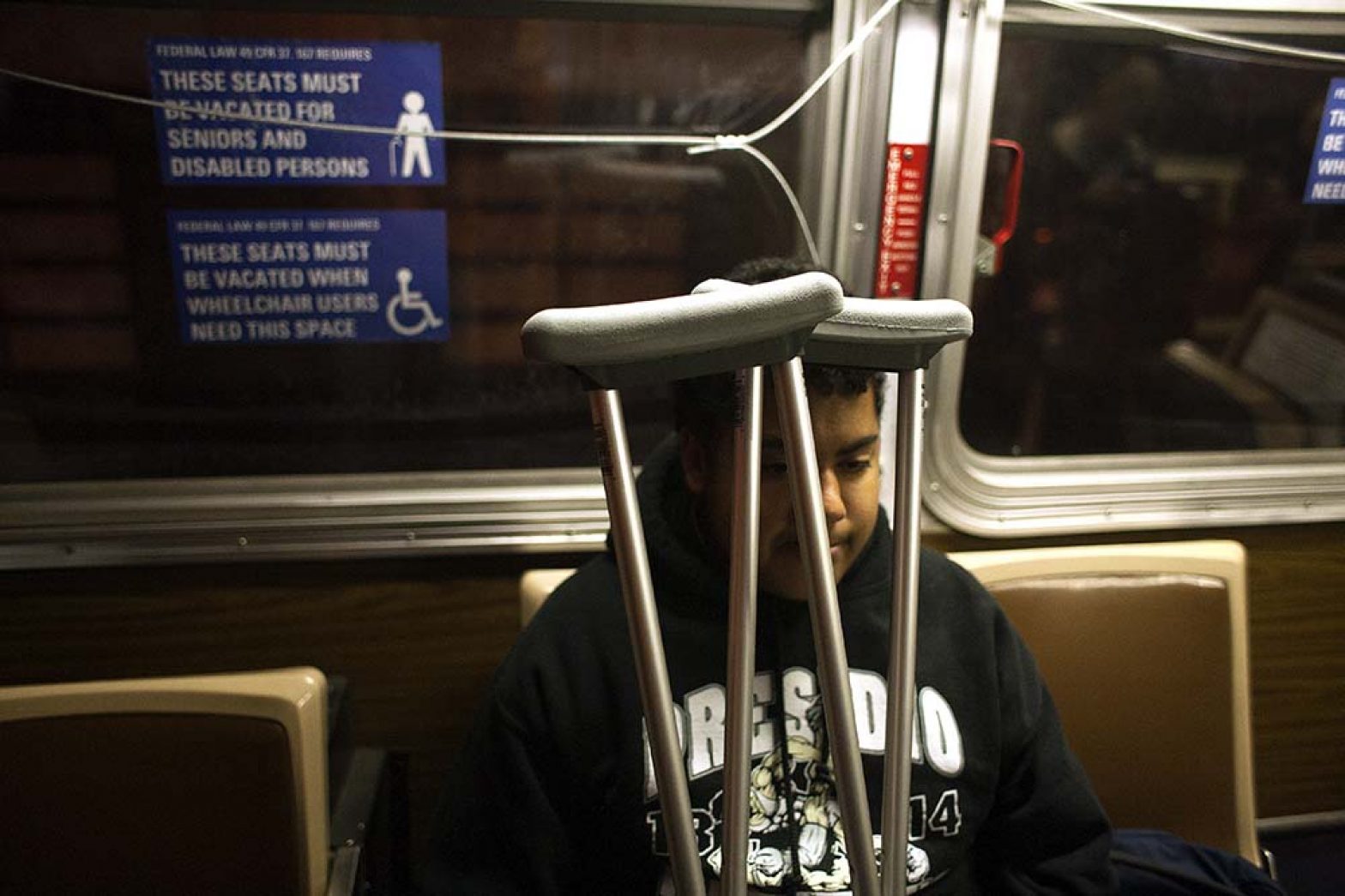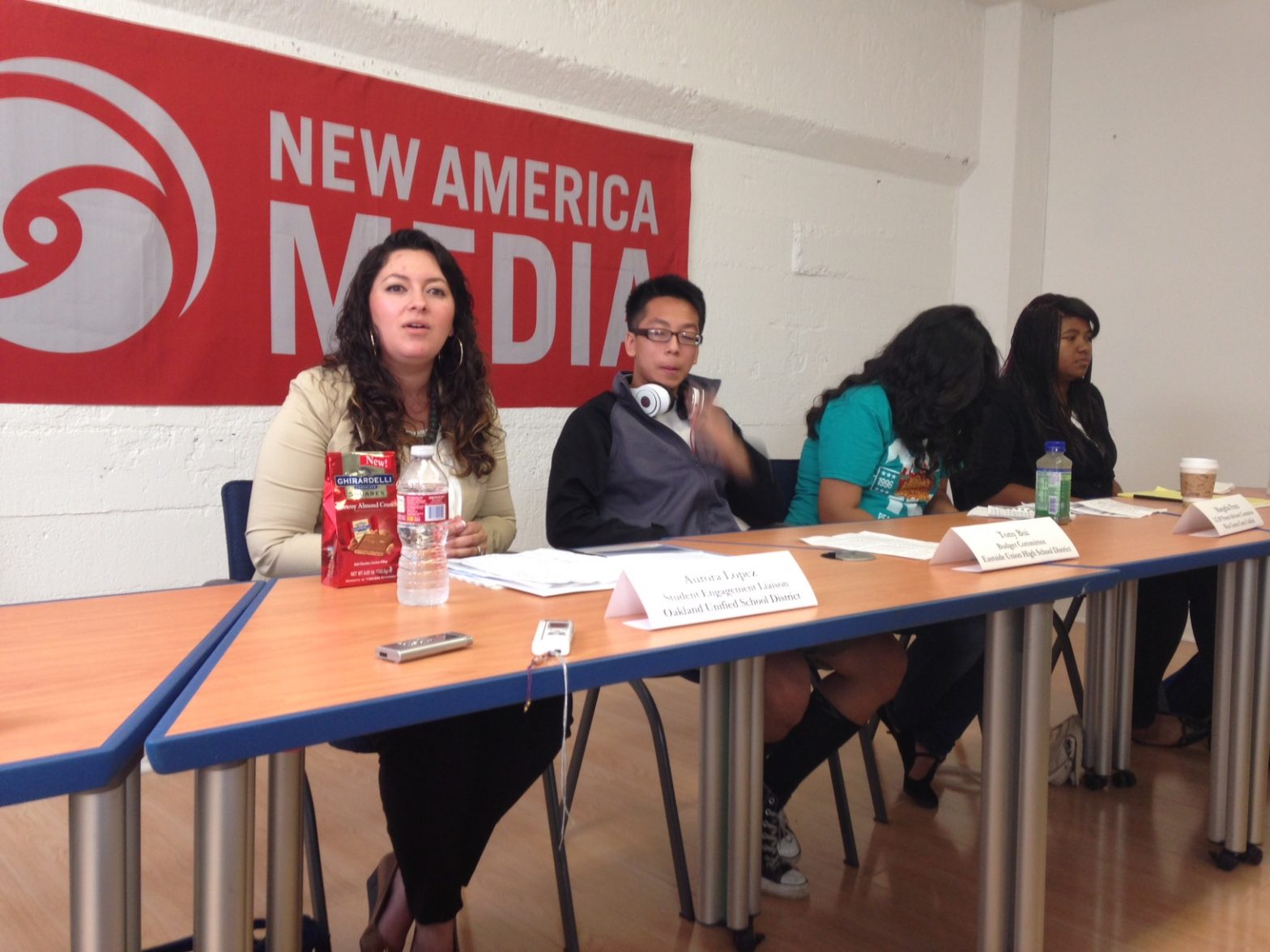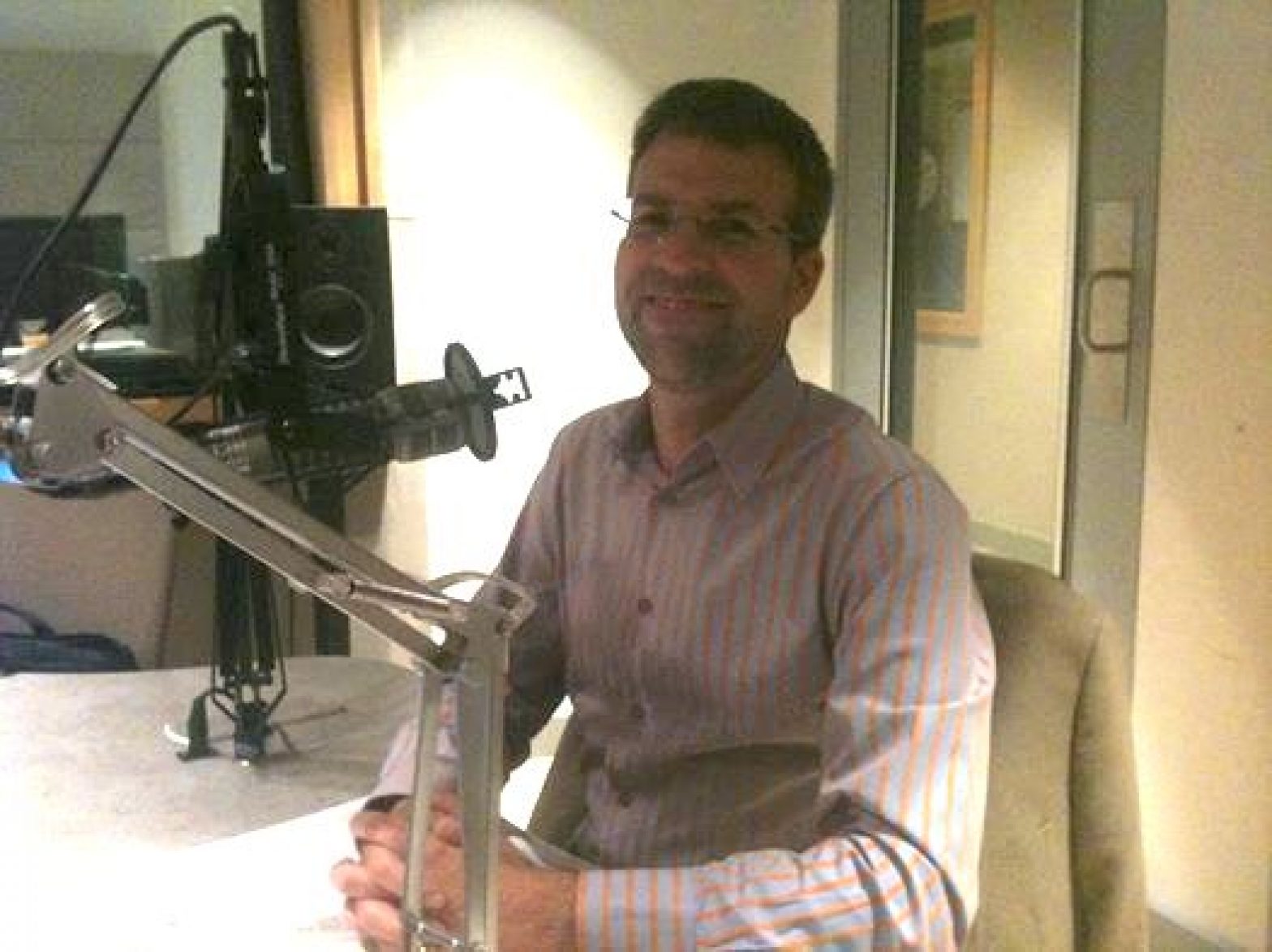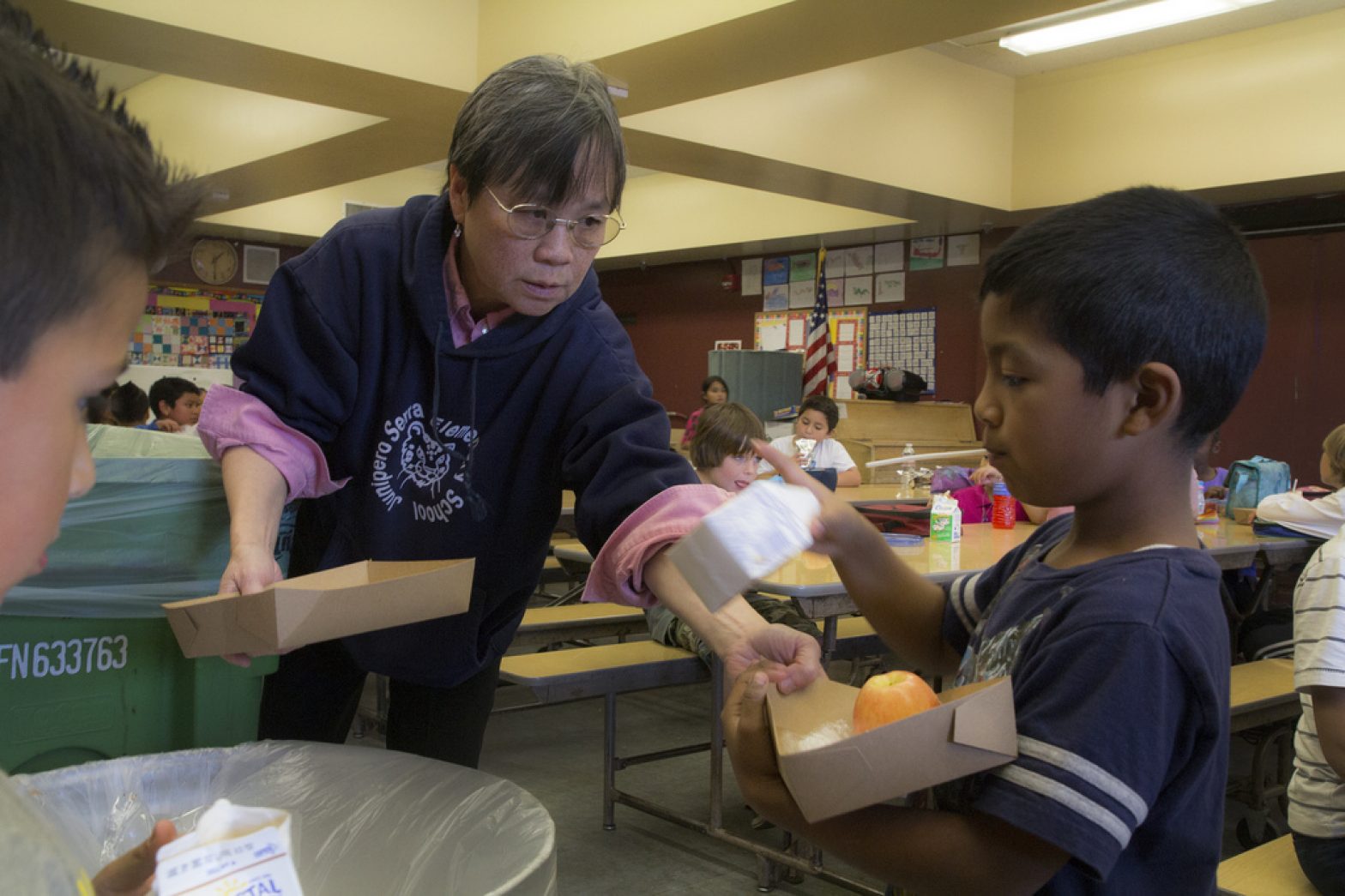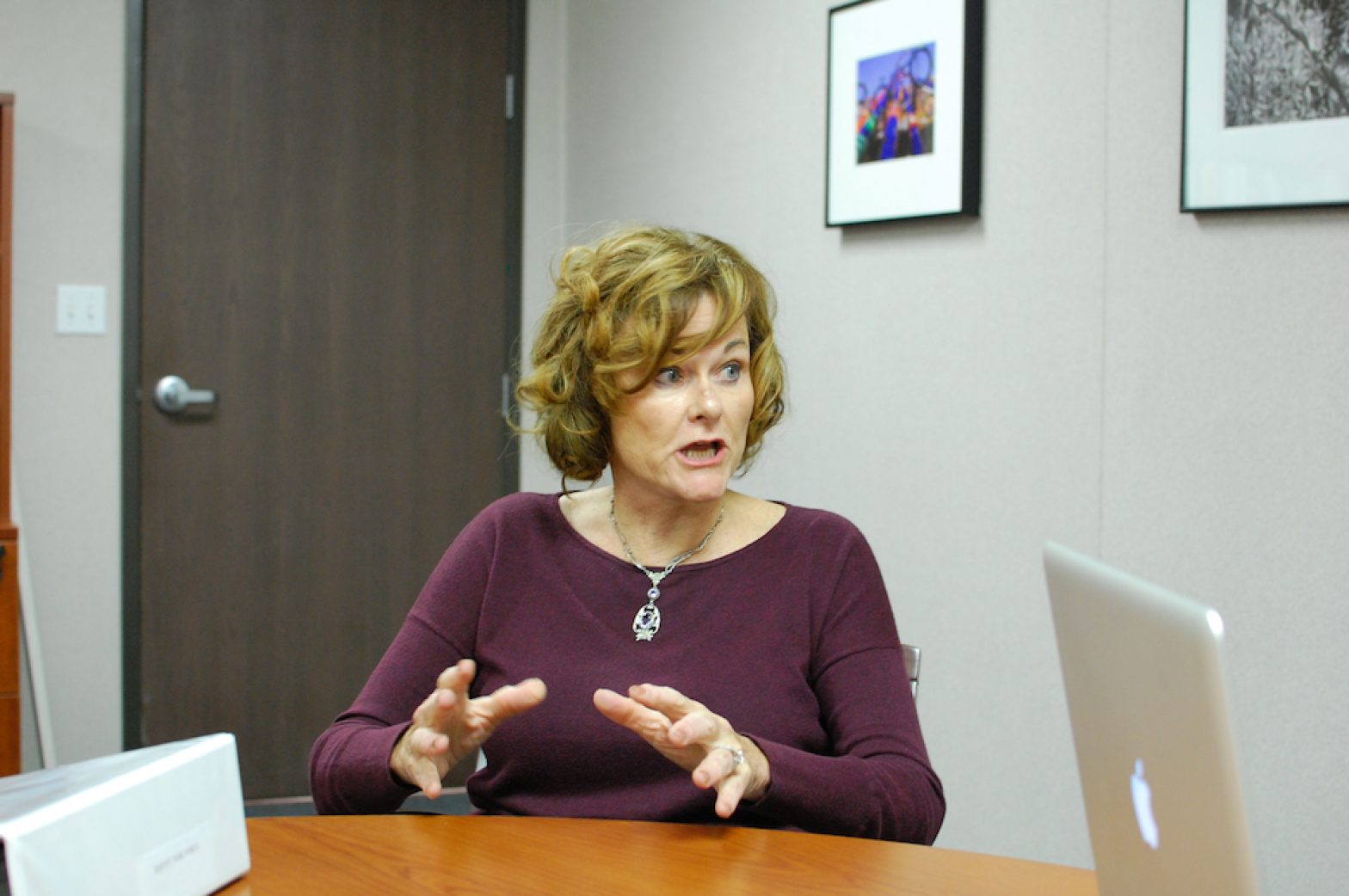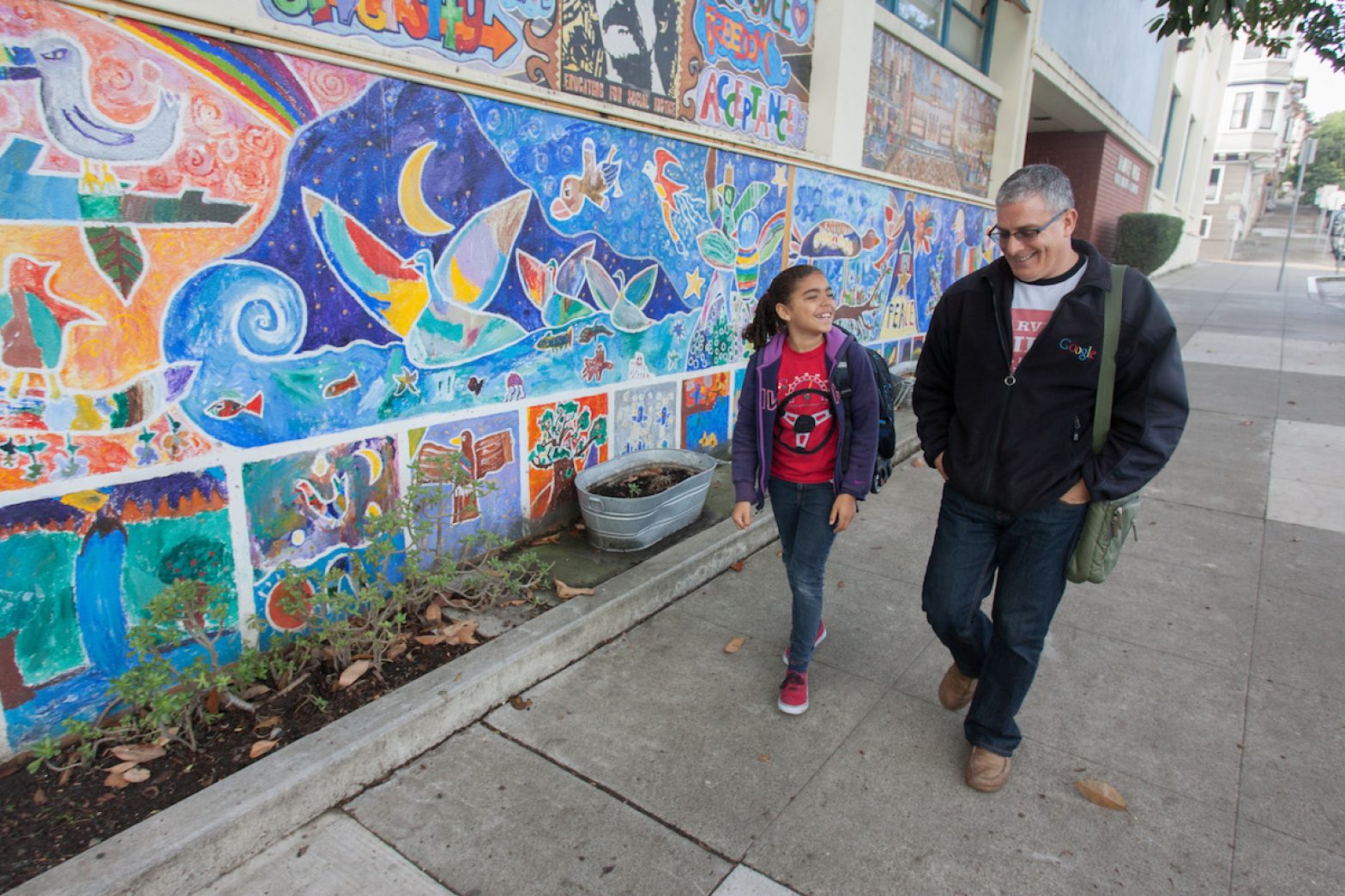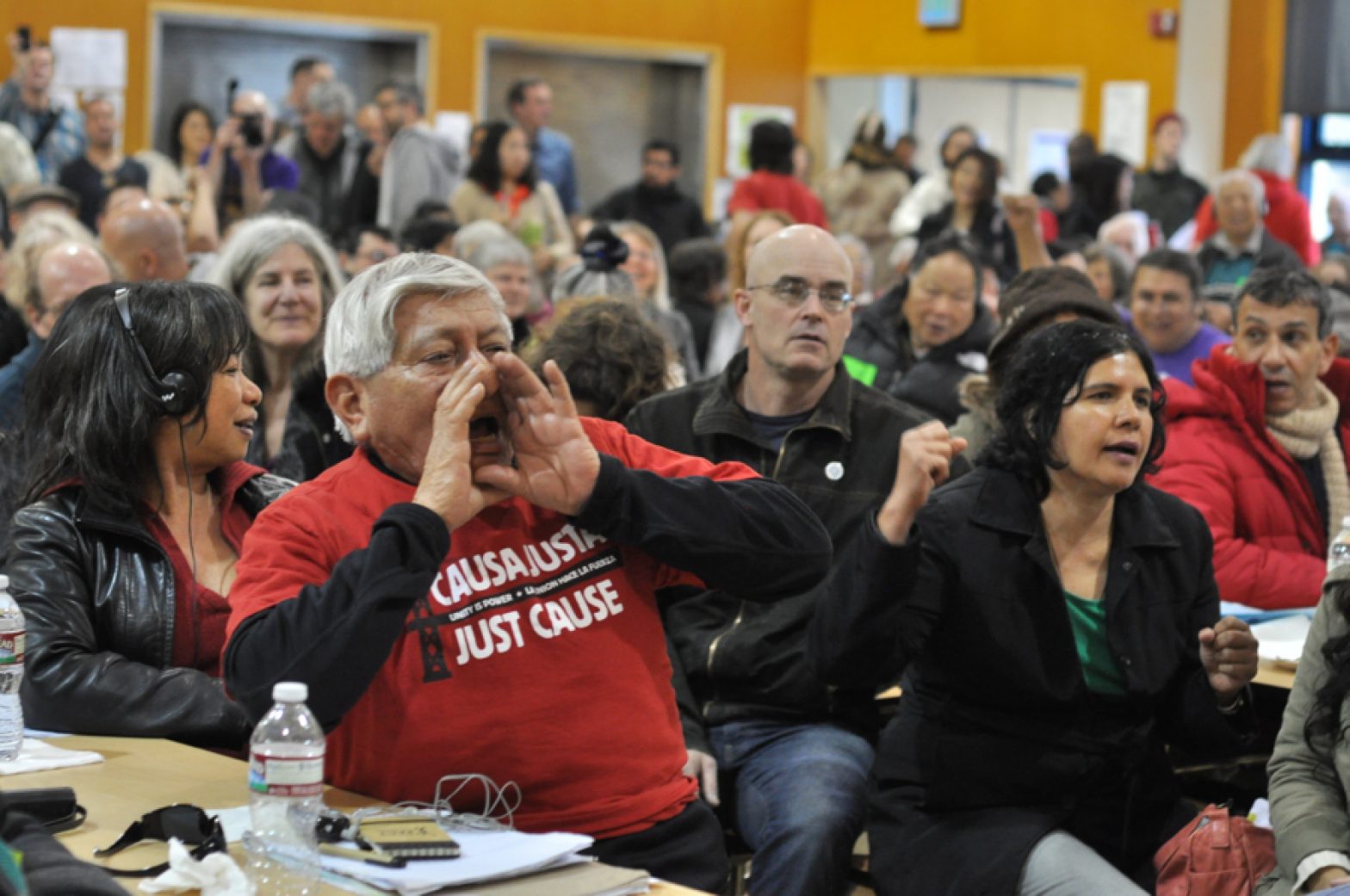Education
Transportation Challenges Complicate School Choice for S.F. Students
While San Francisco’s school assignment system has benefited families with the means to transport their children to schools with the most desirable programs, it creates dilemmas for more disadvantaged students who must travel long distances to school, often without the help of their parents. Many lower-income students must choose between long commutes on unreliable public transit and attending lower-performing schools closer to home. This may help explain why San Francisco public schools, like those in many cities nationwide, are increasingly resegregating as decades of court-ordered diversity measures recede into history.
